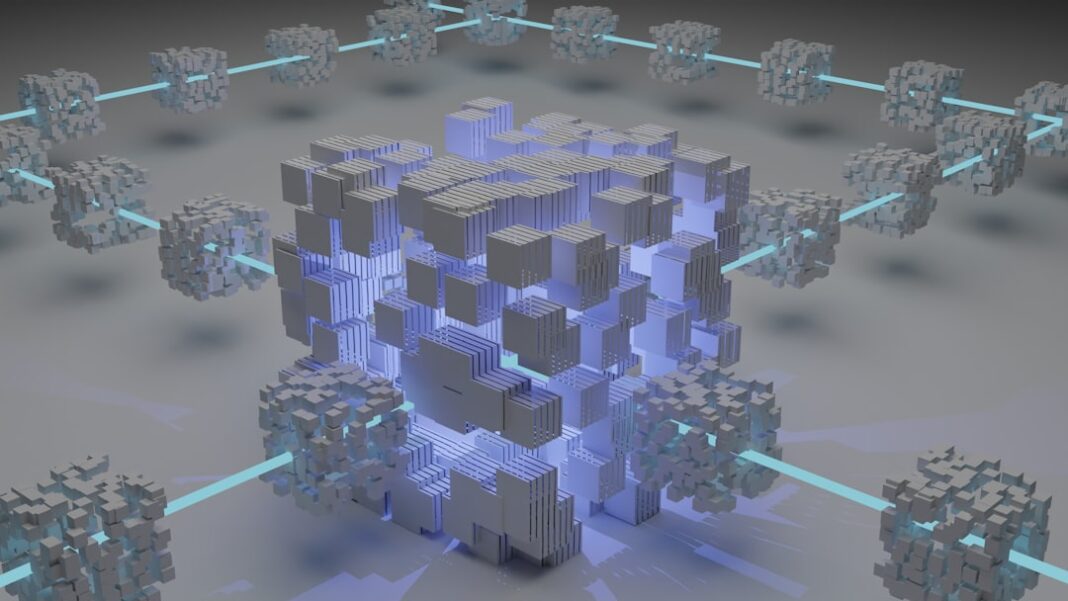As blockchain-based tokenization continues to revolutionize trillion-dollar traditional markets, the $10 billion domain name industry remains conspicuously entrenched in outdated Web2 trading practices. While digital securities, real estate, and commodities increasingly transition to blockchain representation, domain trading persists with legacy systems requiring months-long transfer processes and centralized intermediaries.
The disconnect highlights a significant gap in the digital asset evolution. Domain names—often described as the internet’s foundational real estate—continue to operate through conventional registration systems and protracted verification procedures, despite their critical role in online identity and digital commerce.
Industry analysts note this stagnation creates substantial inefficiencies in what should be a fluid digital marketplace. The contrast between rapidly tokenizing asset classes and the stagnant domain sector underscores both the challenges and opportunities facing digital property rights infrastructure. As other markets embrace instant settlement and transparent ownership tracking through distributed ledger technology, domain trading’s adherence to traditional frameworks represents one of the digital economy’s most significant modernization gaps.
Market observers suggest this divergence may prompt renewed focus on bringing domain assets into the broader digital transformation sweeping global markets, potentially unlocking new liquidity and valuation models for internet’s core addressing system.


